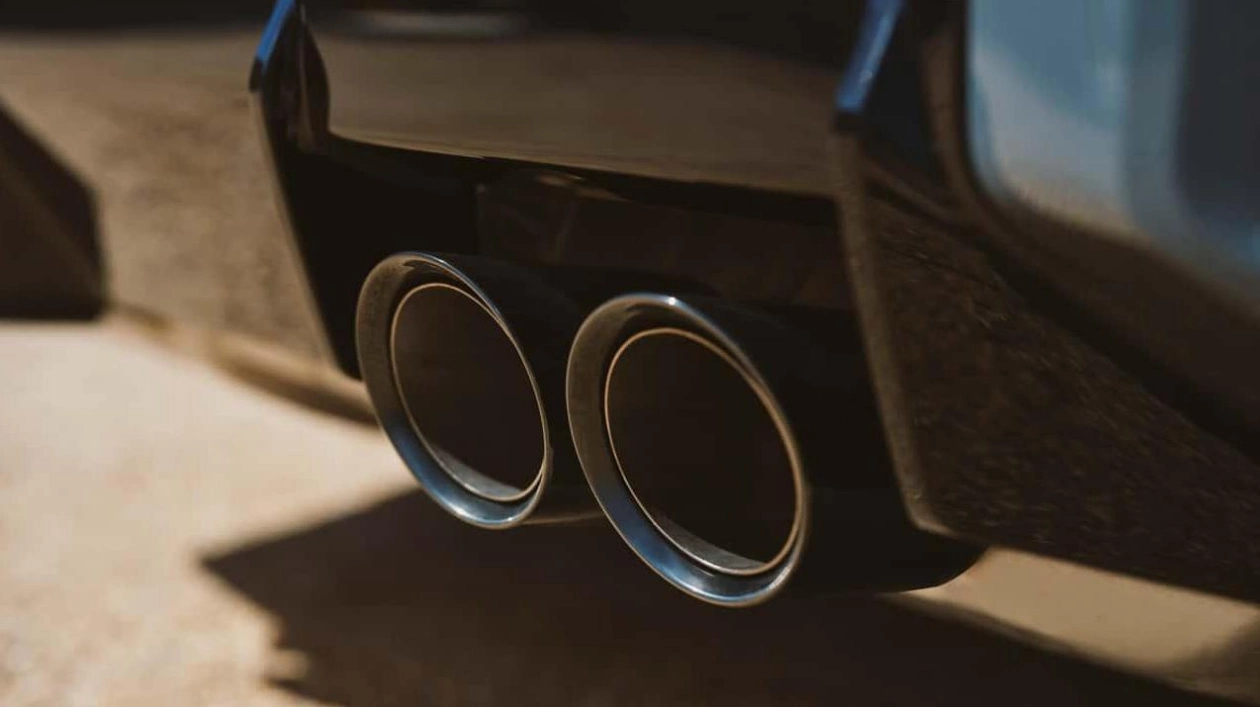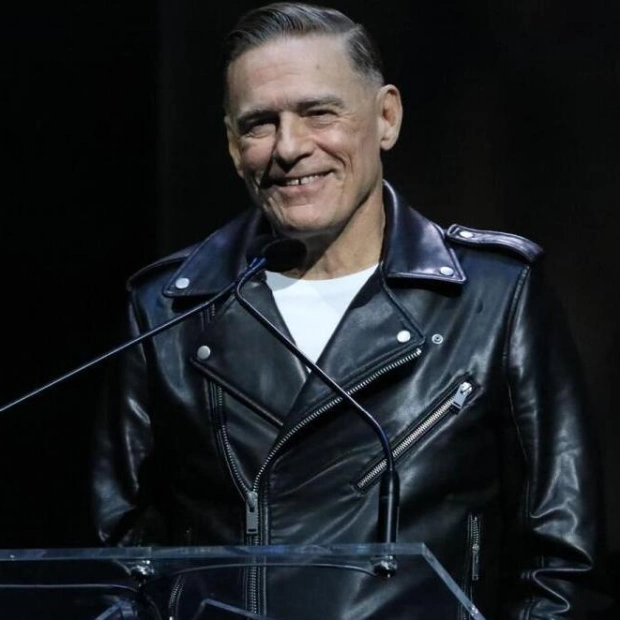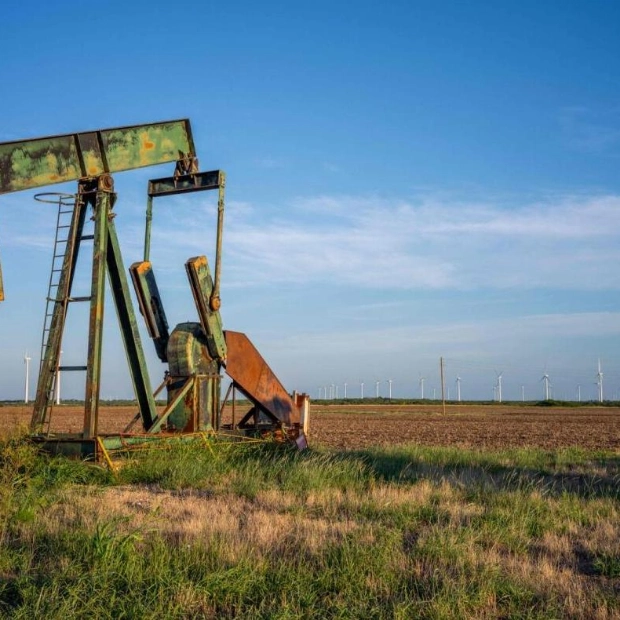In 2022, the European Union concluded plans to prohibit the sale of new combustion engine cars starting from 2035. This decision faced challenges in 2023 when Germany and other EU nations with significant automotive industries urged lawmakers to amend the legislation, advocating for the extension of the internal combustion engine's lifespan through the use of synthetic fuels. BMW's CEO, Oliver Zipse, has now cautioned that despite the allowance for new synthetic fuel-powered cars beyond the mid-2030s, the result might still be an effective ban on combustion-engined vehicles. This scenario would have profound global implications, given that many major automotive companies are European-based.
Zipse criticizes the EU Commission's approach, suggesting it may be pursuing a superficial solution that only appears to soften the ban on combustion engines by nominally accepting eFuels. He argues that without concrete efforts to expedite the development and practical use of low-CO2 fuels, this could amount to a covert ban on combustion engines. Unlike many competitors, BMW has been cautious about setting an end date for combustion engines. While rivals like Mercedes and Audi have adjusted their electric vehicle targets, BMW maintains that the demise of the ICE should not be mandated. During a conference call following the release of the company's half-year results, Zipse reiterated, "We continue to believe that a categorical ban on combustion technology is wrong."
Despite increasing its electric vehicle sales, with a 15.7 percent share of deliveries in the first half of the year, up from 12.6 percent in the same period of 2023, BMW remains committed to a balanced approach. Zipse advocates for regulators to avoid hastening the end of the combustion engine and instead urges the EU to promote low-CO2 fuels promptly, not only for new vehicles but also for the existing fleet. He highlights the importance of immediate climate impact, stating, "The most impactful contributions to climate protection are those we can make today: In other words, every tonne of CO2 we can save today–not sometime in the future–counts."
BMW also supports the wider adoption of specific low-CO2 fuels like e-fuels, E25, and HVO100. For those unfamiliar, E25 is a blend of 25 percent ethanol and 75 percent gasoline, while HVO100 is a fossil-free hydrotreated vegetable oil derived from renewable sources. Toyota, a partner in BMW's hydrogen initiatives, is already marketing Land Cruiser and Hilux models in Western Europe that can run on HVO100, claiming up to a 90 percent reduction in CO2 emissions when the fuel is made from used cooking oil.
While defending combustion engines, BMW anticipates that electric vehicle sales will continue to grow, aiming for electric vehicles to comprise at least half of its sales by the end of the decade. Mini and Rolls-Royce are set to go fully electric by then, leaving the core BMW brand as the only one with ICE vehicles in its lineup. BMW recently celebrated the sale of its one-millionth electric vehicle, marking over a decade since the introduction of the i3. The coming years promise to be busy, with plans for at least six Neue Klasse-based models and several electric SUVs, including the iX5, iX6, and iX7, slated for release by 2028.






